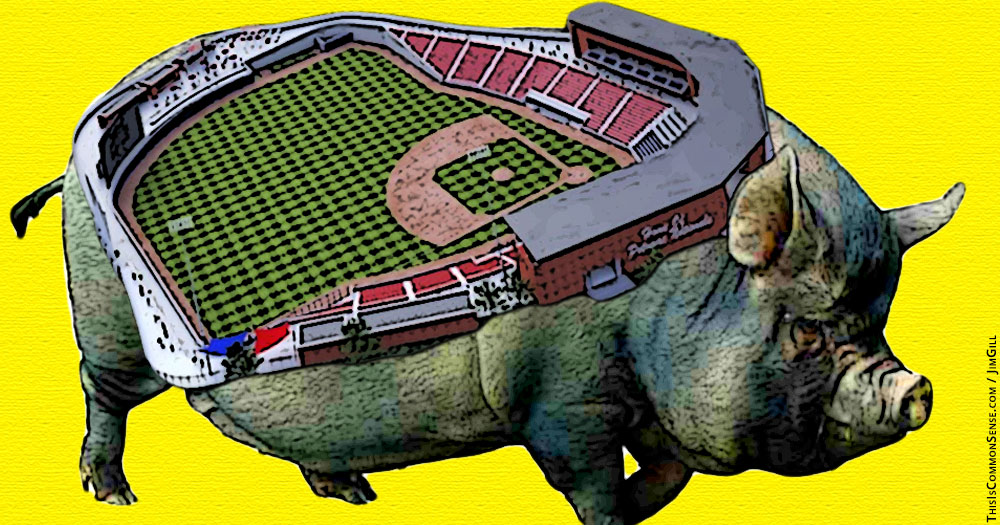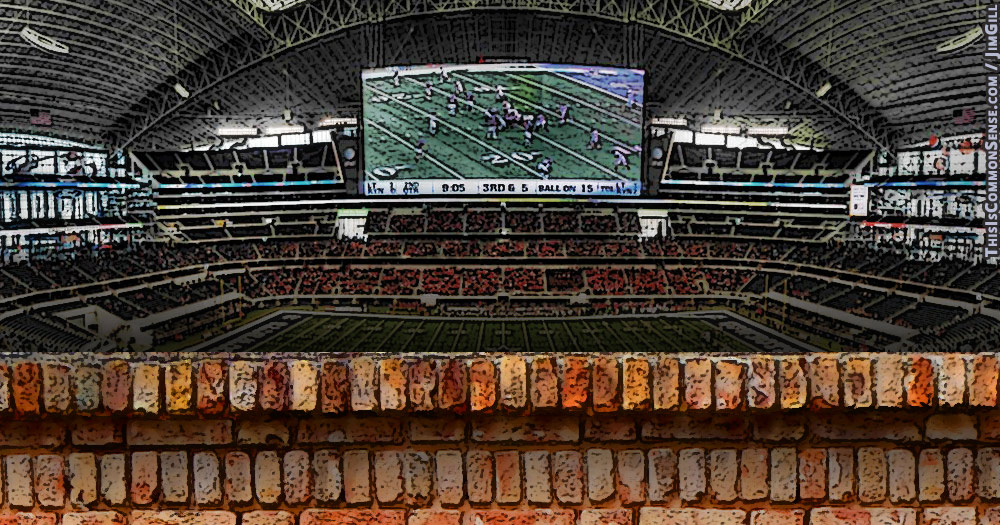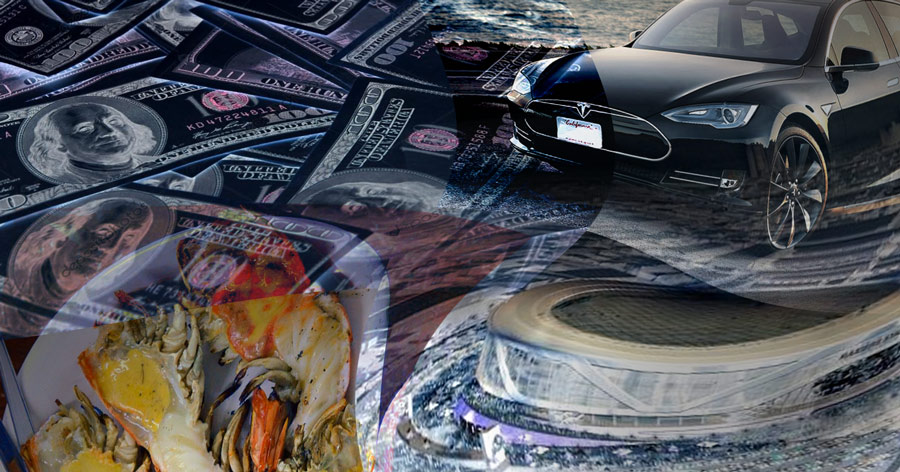Hopes, wishes and cinematic sentiment are not a business plan.
A baseball stadium in Camden, New Jersey is being shut down three years after the team for which it was built has left town.
At the groundbreaking in 2000, then-Governor Christine Todd Whitman said she’d “heard the message from the movie Field of Dreams: ‘If you build it, they will come.’ Well, soon we will see a field of dreams right here in Camden, and my prediction is ‘they will come.’”
So it’s the movie’s fault?
Officials had hoped that crowds would steadily come to see the Camden Riversharks play ball, boosting the local economy and enabling repayment of the taxpayers’ “investment” of $18 million.
Didn’t work out.
The minor-league team threw in the towel in 2015 after missing several lease payments. The Camden government bought the property. They couldn’t find a successor team, so now the stadium is going. It will cost another million in taxpayer dollars just to tear it down.
Lesson learned? Er, no. Another taxpayer-funded development will replace the stadium.
Of course, private investors can also err when spending their own money. But they’re less likely to throw millions at projects with little prospect of profit. When their investments do fail, companies tend to cut their losses much faster than government officials who are ladling out other people’s money.
Unlike many government planners, private investors of private capital are also not eager to keep repeating their worst blunders.
Meanwhile, perhaps best of all, when private investors misjudge a project, non-investors lose nothing.
This is Common Sense. I’m Paul Jacob.
» See popular posts from Common Sense with Paul Jacob HERE.






